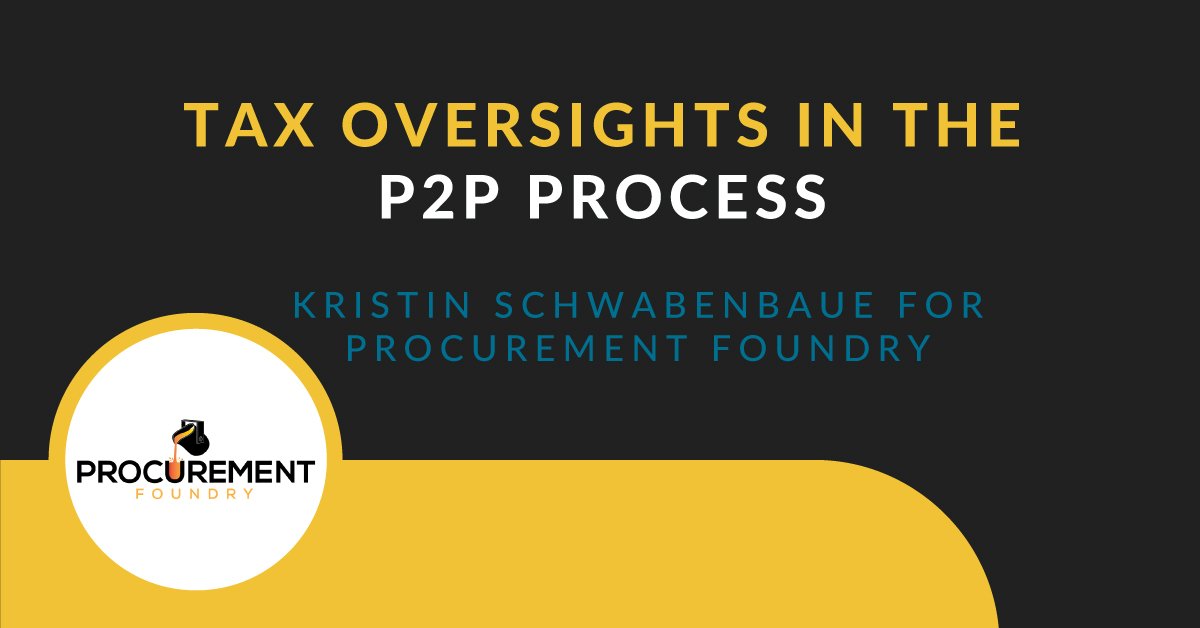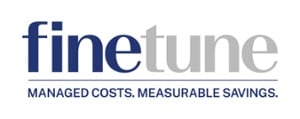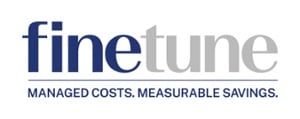Maximizing Savings Opportunities and Procurement's Strategic Value for CPOs
Saving money is not always about pinching pennies: advanced and data-driven insights enable you to identify real cost-saving opportunities, negotiate...

Let’s talk about the procure-to-pay process. Specifically, we’re going to focus this article on P2P taxes and the common headaches that can accompany them, as well as discuss other pain points and big risks organizations should take care to avoid when dealing with taxes throughout the P2P lifecycle
This is a hot topic that is highly relevant today, as the top priority and goal of procurement transformation is to root out any inefficiencies in process. Often cropping up among these issues is indirect tax compliance — an absolute must-have requirement on every relevant purchasing transaction, and a real blind spot that plagues many procurement teams today.
We will use this article to help you develop a basic understanding of indirect tax and how it applies to B2B purchasing transactions, which is the very best way to help you ultimately reduce tax risks from P2P processes and alleviate the pressure resulting from current pain points. Let’s kick things off by taking a closer look at P2P activities to determine the extent to which tax management oversights are present.
There are common risk points in nearly all organizations that can have unfortunate consequences with tax auditors. These common risks include:
Every organization should be asking questions to ensure crucial details and steps aren’t missed. Among the most pertinent queries your organization should be posing regarding P2P taxes include:
These questions aren’t failsafe but provide a framework to ensure tax compliance is being attained.
Clearly, tax teams have a lot on their plate, and the reduction of manual work should be a priority inall organizations.
Automating your tax procedures can exponentially improve your entire P2P tax experience. But where should you start?
The following steps will help you stay on track when undergoing implementation of automation software:
Being cognizant of these steps is easier said than done.
At Vertex, we know that tax compliance can get overwhelming, which is why we’re here to help. Visit us today online for more info, and reach out to see how we can help you specifically by providing end-to-end tax solutions to meet you where you do business, providing you a connected experience that spans front office or back office.
For more information, join us at our Procurement Foundry Thought Leadership Event this February.
Written by: Kristin Schwabenbauer, Global Partner Manager, Vertex

Saving money is not always about pinching pennies: advanced and data-driven insights enable you to identify real cost-saving opportunities, negotiate...

The topic of our recent roundtable discussion with a dozen Procurement Foundry community members—exploring potential flaws in procurement incentive...

Every 30 days or so, I get the same alert on my phone—“Your electricity bill is available for viewing.” I take a quick look, make sure nothing seems...